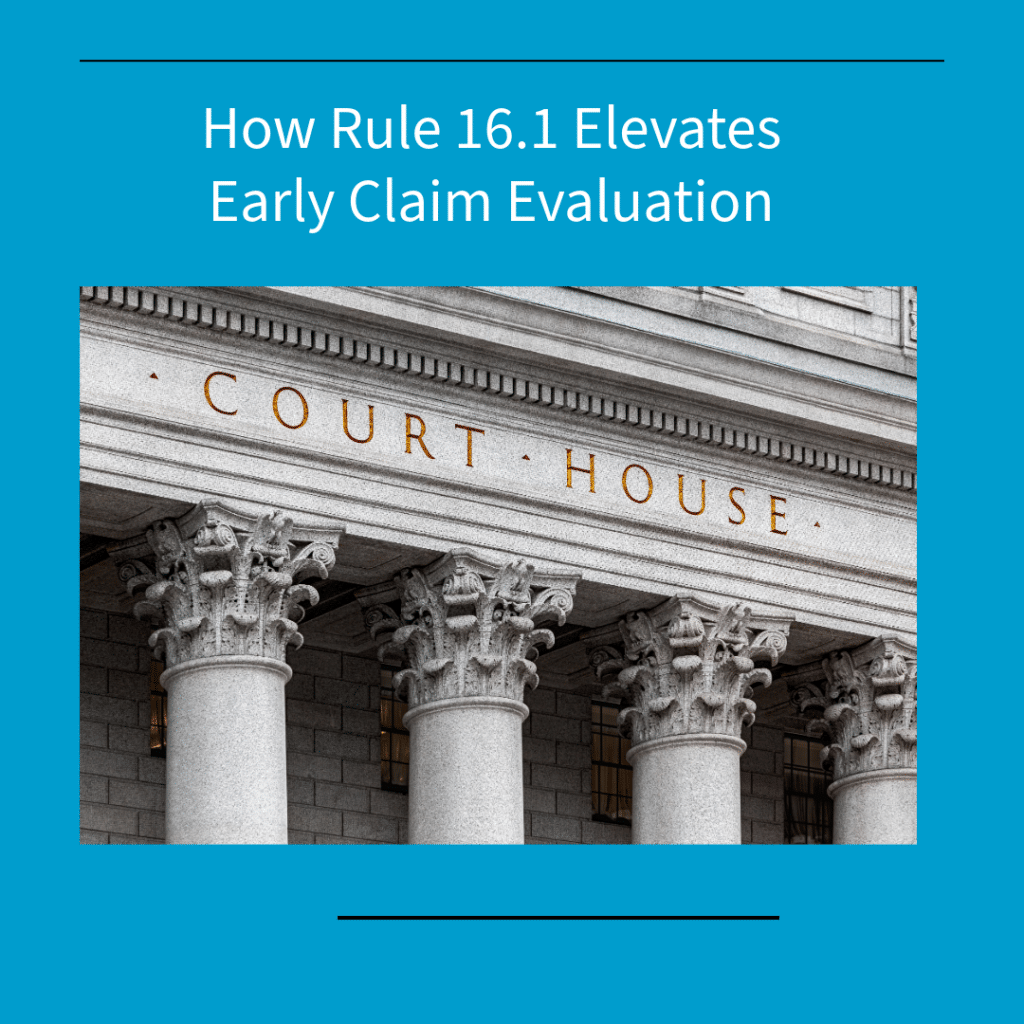In the world of mass tort litigation and class action lawsuits, data mining has emerged as a powerful tool for processing, analyzing, and leveraging data. This approach goes far beyond traditional document reviews and enables law firms to reveal new insights that can enhance litigation strategies.
Here is how the process works and why legal analytics services are crucial for today’s legal landscape.
The Power of OCR: Making Data Machine Readable
The first step to utilizing data is to make it machine-readable. For large volumes of paper-based records, OCR (Optical Character Recognition) and similar tools are essential. They convert scanned documents into text that a computer can process, making information instantly accessible for analysis.
Identifying Keywords and Key Phrases for Extraction
With data in a readable format, programming tools can identify specific keywords and key phrases relevant to the case. These tools can parse thousands of documents quickly, locating vital information on injuries, exposure sources, product names, and timelines with unprecedented accuracy. This step can help your law team pinpoint critical data while significantly reducing time spent on manual review.
Leveraging Natural Language Processing (NLP) in Legal Data Mining
Natural Language Processing (NLP) is where data mining truly shines. By grouping related terms and ideas, NLP can reveal themes that might otherwise go unnoticed. For example, it might uncover a cluster of cases with similar symptoms or exposure to the same product, providing critical context that a firm might not have initially considered. This automated categorization also helps create a clear view of common injuries or diseases associated with the case, empowering law firms to build stronger arguments.
Best Legal Practices for Storing and Standardizing Mined Data
Once data has been processed, it needs to be securely stored in a normalized, standardized format to support further analysis. Data standardization ensures consistency across multiple datasets, making it easier to conduct in-depth analyses, generate insights, and share findings within a team. Normalization and secure storage are key to protecting sensitive information while enabling robust data retrieval capabilities. Instead of securing a number of Excel files, piles of documents, or having data partially duplicated in many places, having the mined data placed in an indexed, structured environment allows for clean storage and fewer potential possibilities for a security breach.
Why Choose Verus for Data Mining in Mass Tort and Class Action?
As an end-to-end litigation services provider, Verus specializes in data-driven solutions that streamline the litigation process and reveal new insights to strengthen your cases. Our expertise in data clean-up, data mining, keyword analysis, and natural language processing helps identify patterns, uncover hidden connections, and ensure secure, compliant data management.
Discover how Verus can revolutionize your mass tort and class action cases. Contact us today to learn more and schedule a consultation.







